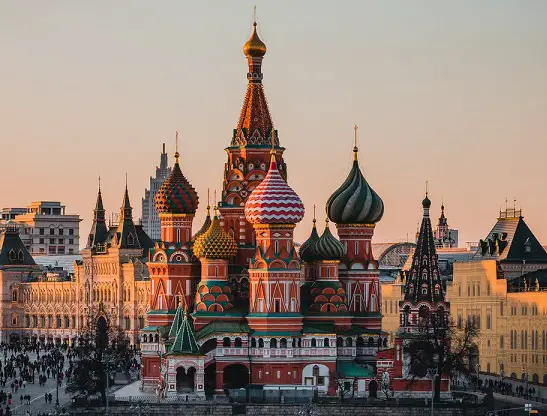In an interview with RIA Novosti on Tuesday Russia’s ambassador to Bolivia, Mikhail Ledenev, revealed that Russia and Bolivia have agreed to begin trading in their local currencies.
The move is significant as Bolivia has been seeking increasing cooperation with Russia in recent years in energy, as well as in mining projects and in trade.
Ledenev said, “With the participation of the embassy, interbank cooperation is actively developing. Last year, a number of video conferences were held between the leadership of the central banks of both countries. And as a result, direct correspondent accounts in rubles and Bolivianos were opened between Gazprombank and the largest Bolivian state-owned bank, Union.”
He added, “This is important because financial transactions can now be carried out directly, in national currencies. This already facilitates the work of Russian companies in the market.”
Bolivia has been found to contain vast reserves of lithium, a mineral which is crucial to the new green economy through its utility in manufacturing electric batteries. Some have even dubbed it “the new oil.”
La Paz has been negotiating with foreign mining firms to help develop the resource, including some Russian firms.
The nation hopes to one day be a supplier of electric batteries to the global market, in a world where environmental activism and driven the demand to develop to its full potential.
The move is one more blow to the US dollar, which has seen numerous nations, from Russia and China, to even stalwart ally Saudi Arabia, either discussing performing international settlements in currencies other than the dollar, or actually setting up mechanisms to allow trade in local currencies.
It is a movement which has been precipitated primarily by nations which grew fearful on seeing the attempts to punish Russia through denying it access to Western financial systems as a means to restrict its ability to trade.
As the West shut Russia out of the global market place, other nations with potential conflicts with the West, such as China with the dispute over the sovereignty of Taiwan, feared their trade might be under attack next.
Still other nations, such as India simply wished to trade with nations like Russia, which was offering deeply discounted crude oil for sale, and needed a mechanism to perform settlements.
While the sanctions were effective initially in denying Russia access to the Western financial system, over the longer term, they are driving the development of alternative financial systems which will make such sanctions less effective in the future, and which come with other risks.
Some analysts fear if the dollar were to lose its status as the global reserve currency, and nations no longer needed to maintain their dollar reserves, they might dump them on the market, collapsing the value of the dollar and triggering an economic crisis in America.

